I recently acquired a fantastic new toy — Celestron’s Handheld Digital Microscope, Model #44302. I’m amazed by it. Retailing for just $69.95, it is one of the neatest gadgets I’ve seen in a long time. The microscope consists of a small optical tube that rests in a desktop stand and a USB cable connects the output to a PC or Mac. It’s a “plug and play” device, and within minutes of opening the box, I was capturing images of meteorites in my collection with my Mac’s Photo Booth program. The microscope has a zoom/focus controller ring that enables users to go from 10x to approximately 150x magnification.
Celestron's Handheld Digital Microscope is great for taking images of meteories, like this slice of pallasite with forsterite inclusions. (Esquel, Stony-iron, pallasite, Chubut, Argentina, field of view = 3 cm.) David J. Eicher photo
I offer you the following as a gallery of art in miniature — metals, crystals, and matrices of rock and minerals as captured in asteroids in the early solar system and deposited on Earth for our study and appreciation. The photomicrographs bring out much of the details in these gems from space quite nicely. And I have included a range of meteorite types here, too, from ordinary stones to rather exotic falls. If you explore these images, you will find a martian meteorite (Zagami); a slice of rock from the Moon (Dar al Gani 400); a beautiful slice of pallasite with forsterite — formerly called olivine — inclusions (Esquel); pieces of the asteroid 4 Vesta (Millbillillie and Dhofar 007); a sample of some of the most primitive matter known, from the asteroid 368 Haidea (Tagish Lake); and a portion of the famous Murchison meteorite, the first discovered that contains amino acids, the building blocks of proteins. I also included an image of Libyan Desert Glass, a tektite of desert sands fused together by the impact of a meteorite.
Let us know if you have photos of meteorites you would like to send to Astronomy for possible publication, and enjoy my little gallery!
All photos by David J. Eicher
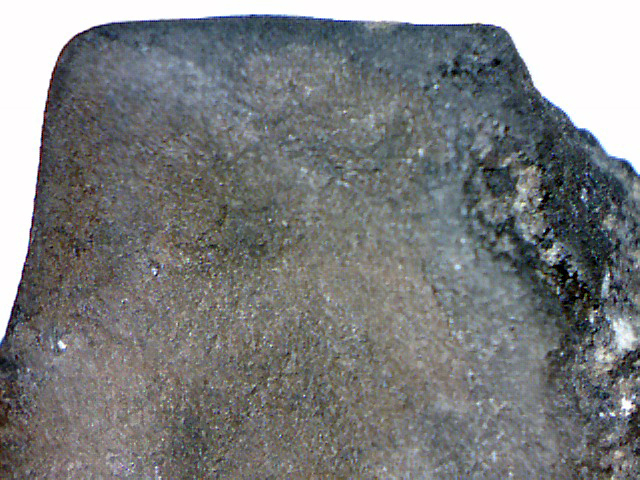
Bensour, Stone, ordinary chondrite (LL6), Morocco and Algeria, field of view = 1.7 cm.
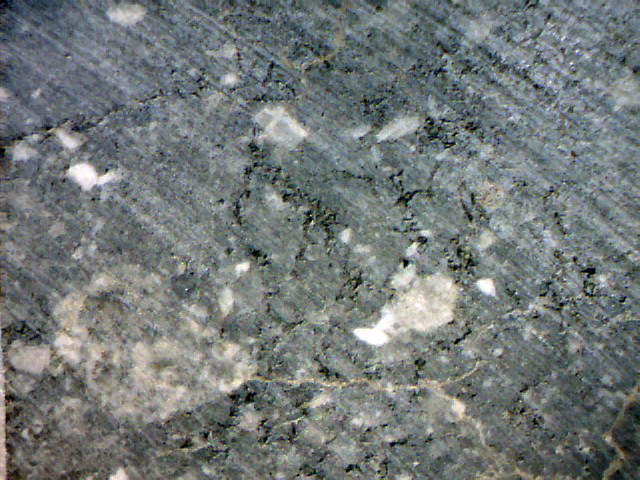
Dar al Gani 400, Stone, achondrite, Lunar (ALUN-A), Hammadah al Hamra, Libya, field of view = 1.5 cm.
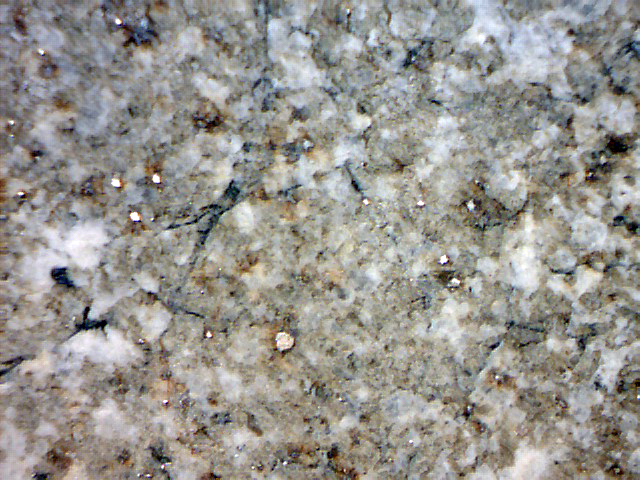
Dhofar 007, Stone, achondrite, euchrite (cumulate), Oman, field of view = 1.5 cm.
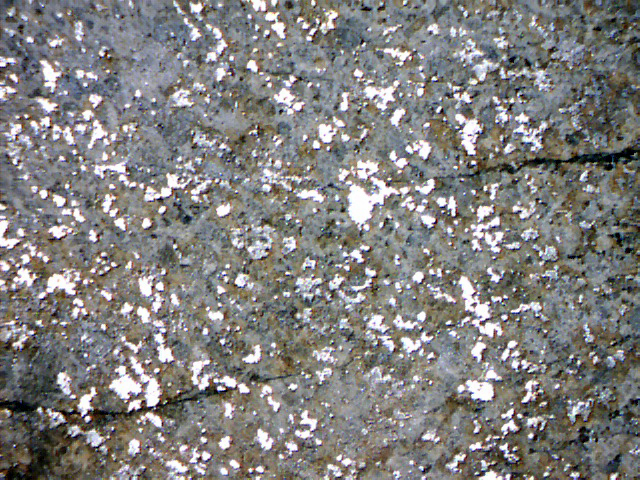
El Hammami, Stone, ordinary chondrite, Tiris Zemmour Region, Mauritania, field of view = 2 cm.
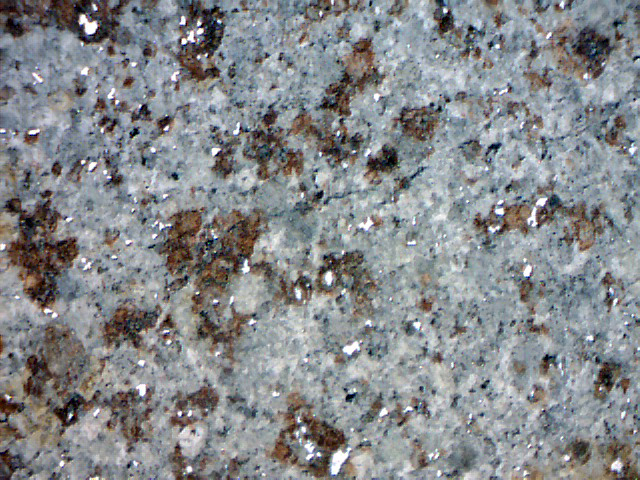
Geidam, Stone, olivine-bronzite chondrite (H5), Bornu Prov., Nigeria, field of view = 2.5 cm.
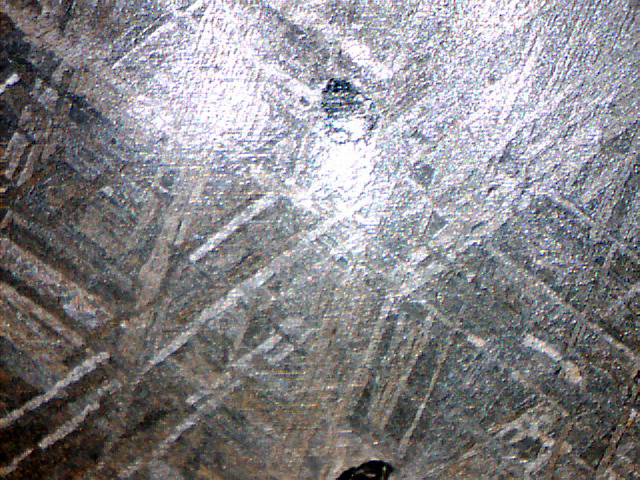
Gibeon, Iron, octahedrite, fine (IVA), Great Namaqualand, Hardap Region, Namibia, field of view = 2.5 cm.
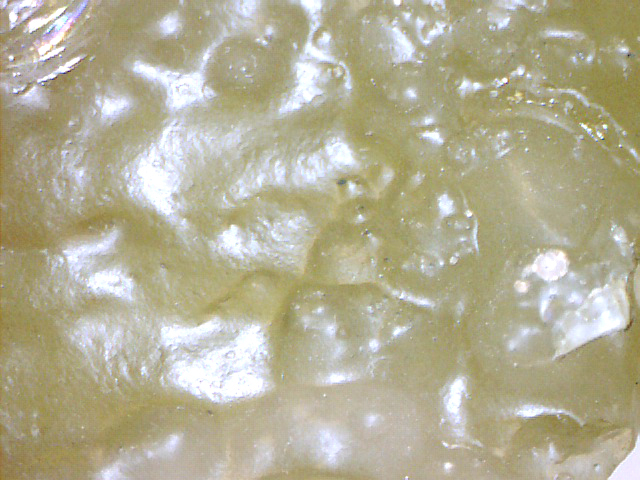
Libyan Desert Glass, Tektite, Libyan Desert, Libya, field of view = 2 cm.
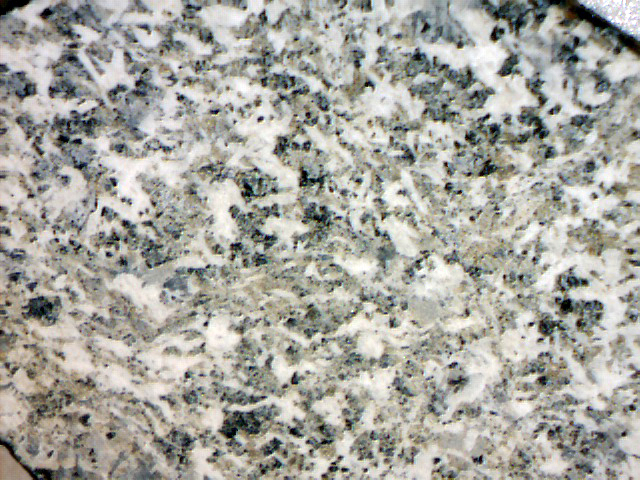
Millbillillie, Stone, achondrite, Ca-rich euchrite (AEUC), Wiluna Dist., Western Australia, field of view = 2 cm.
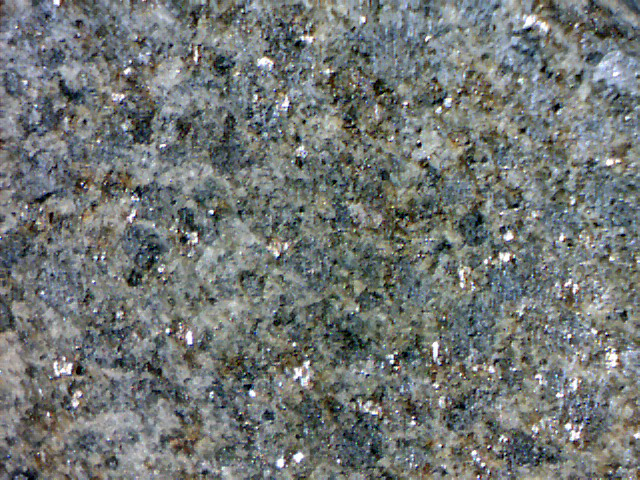
Mount Tazerzait, Stone, ordinary chondrite (L5), Tahoua, Tahoua Dept., Niger, field of view = 1 cm.
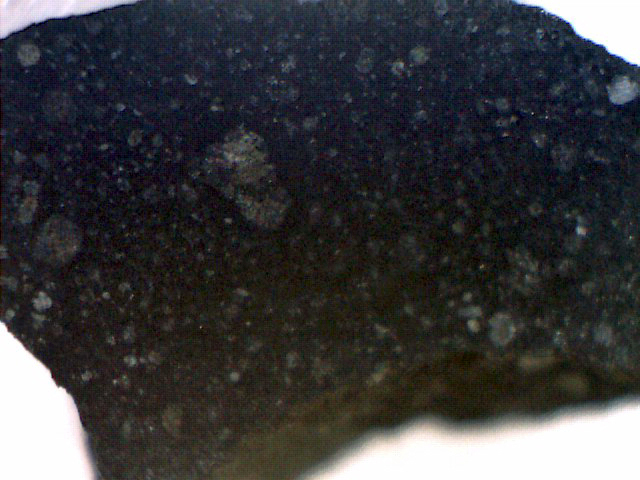
Murchison, Stone, carbonaceous chondrite, type II (CM2), near Murchison, Victoria, Australia, field of view = 1 cm.
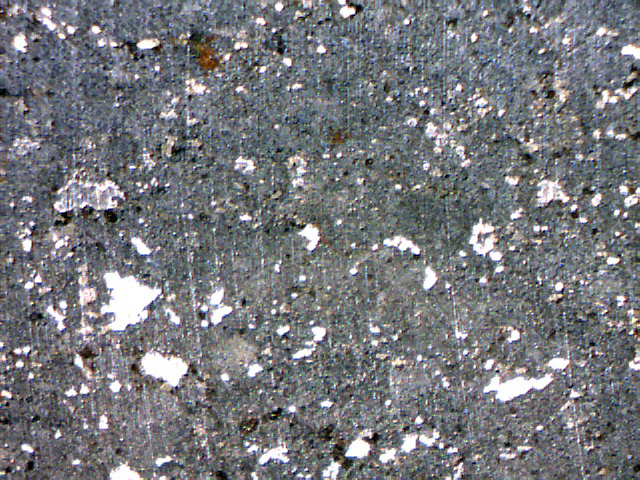
NWA091, Stone, ordinary chondrite (L6), Morocco, field of view = 2 cm.
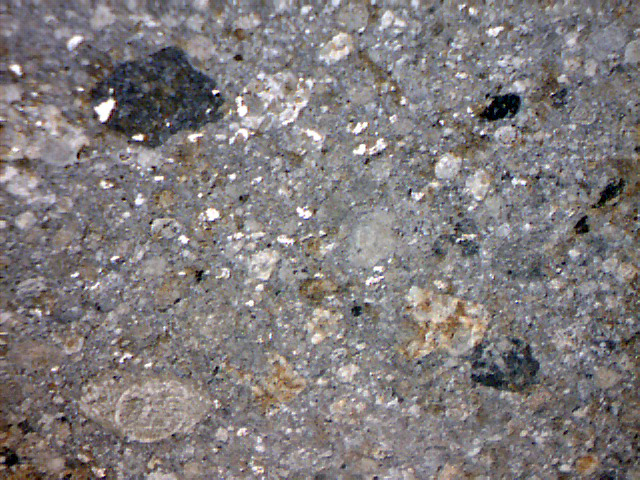
NWA 869, Stone, brecciated chondrite (L3.5 to L6), Tindorf, Algeria, field of view = 3 cm.
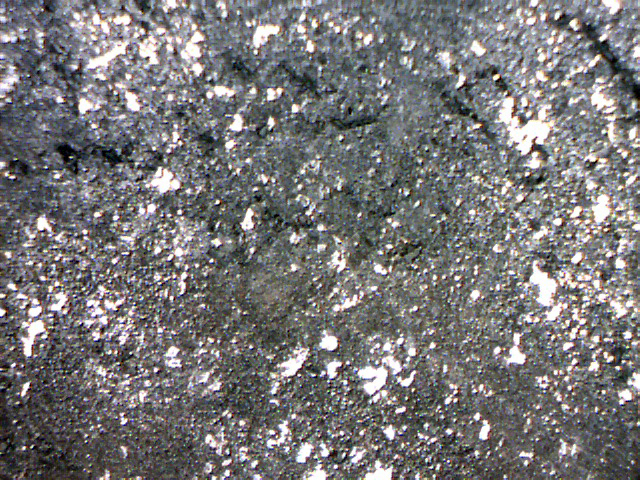
Park Forest, Stone, ordinary chondrite (L5), Park Forest, Cook Co., Illinois, field of view = 1 cm.
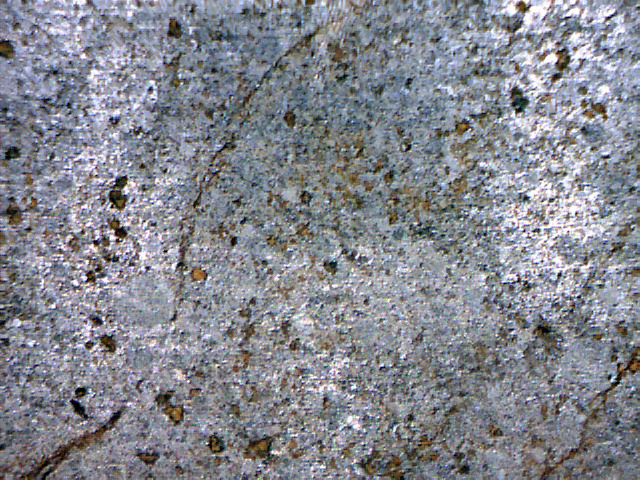
Selma, Stone, olivine-bronzite chondrite (H4), Selma Area, Dallas Co., Alabama, field of view = 1.5 cm.
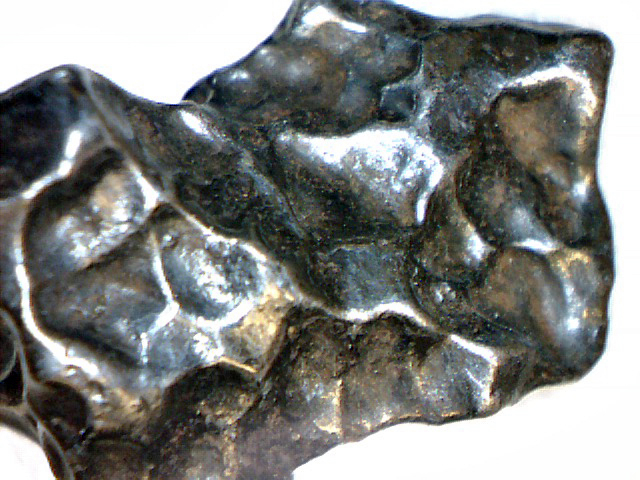
Sikhote-Alin, Iron, octahedrite, coarsest (IIB), Sikhote-Alin, Primorskiy-Kray, Far-Eastern Region, Russia, field of view = 3 cm.
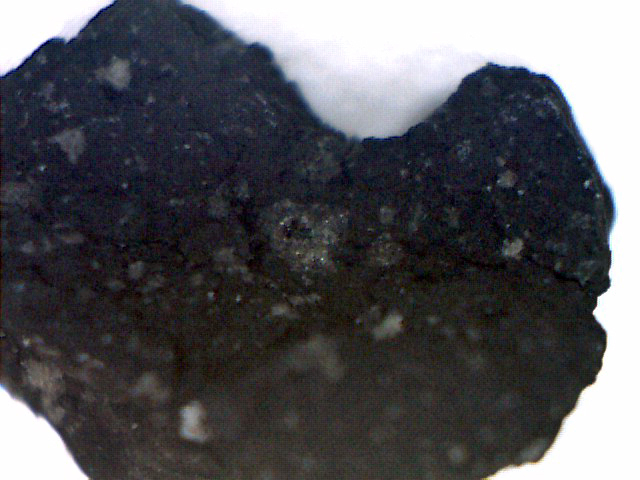
Tagish Lake, Stone, carbonaceous chondrite, (C2, ungrouped), Tagish Lake, Carcross, Whitehorse Mining Dist., Yukon Territory, Canada, field of view = 1 cm.
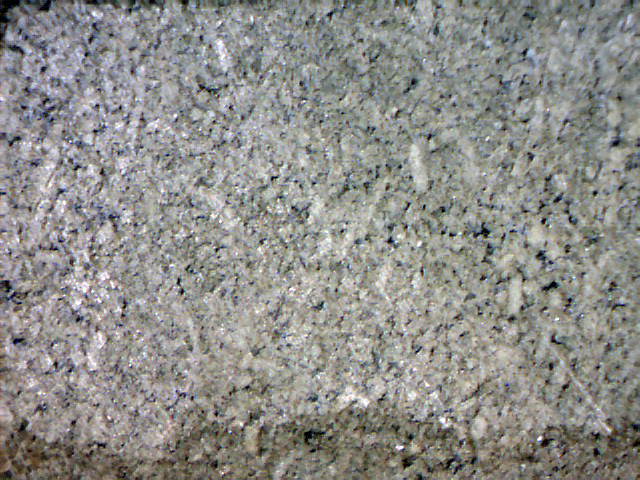
Zagami, Stone, achondrite, Shergottite (SNC), basalt, martian, Zagami, Katsina State, Nigeria, field of view = 1 cm.